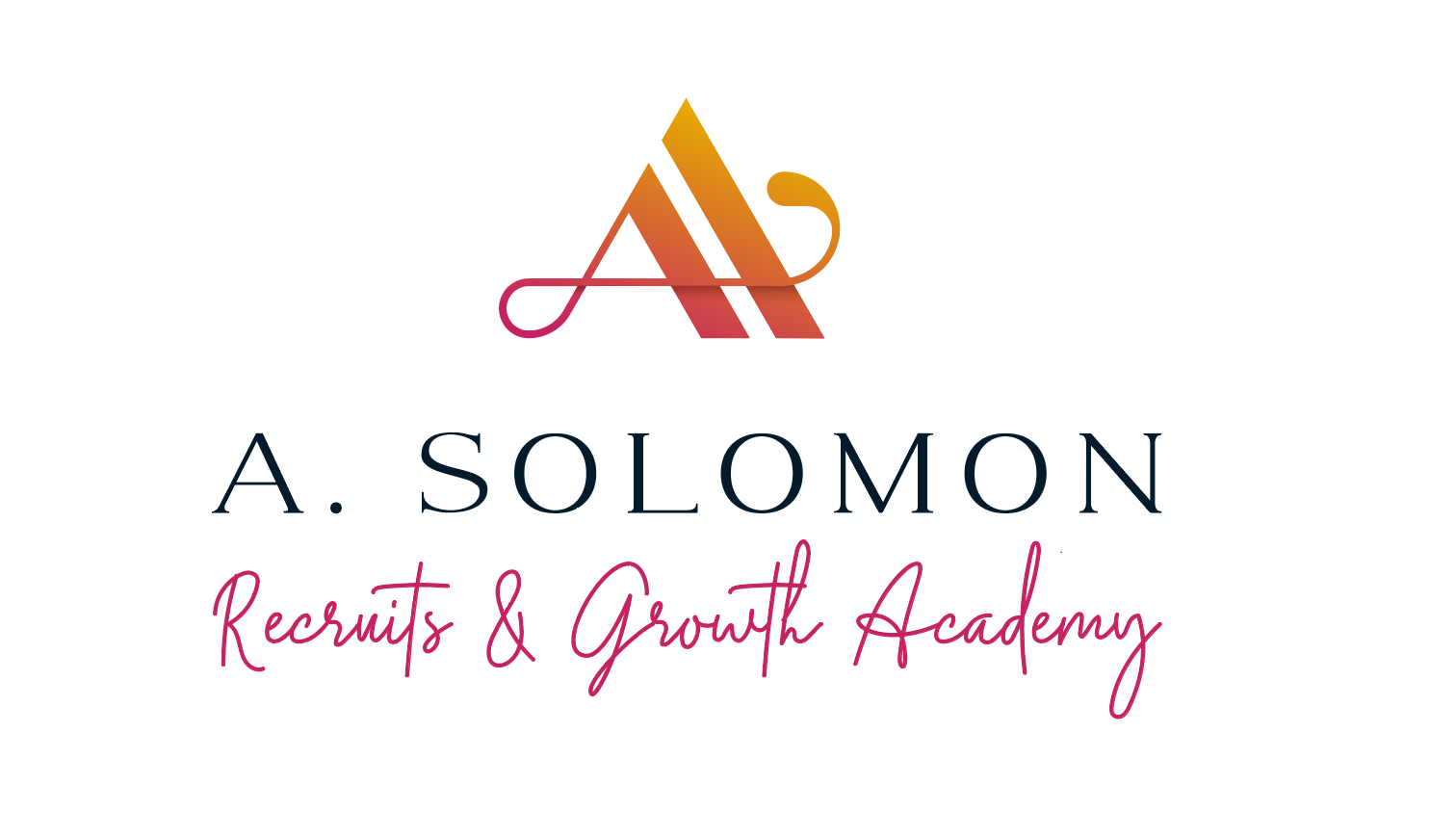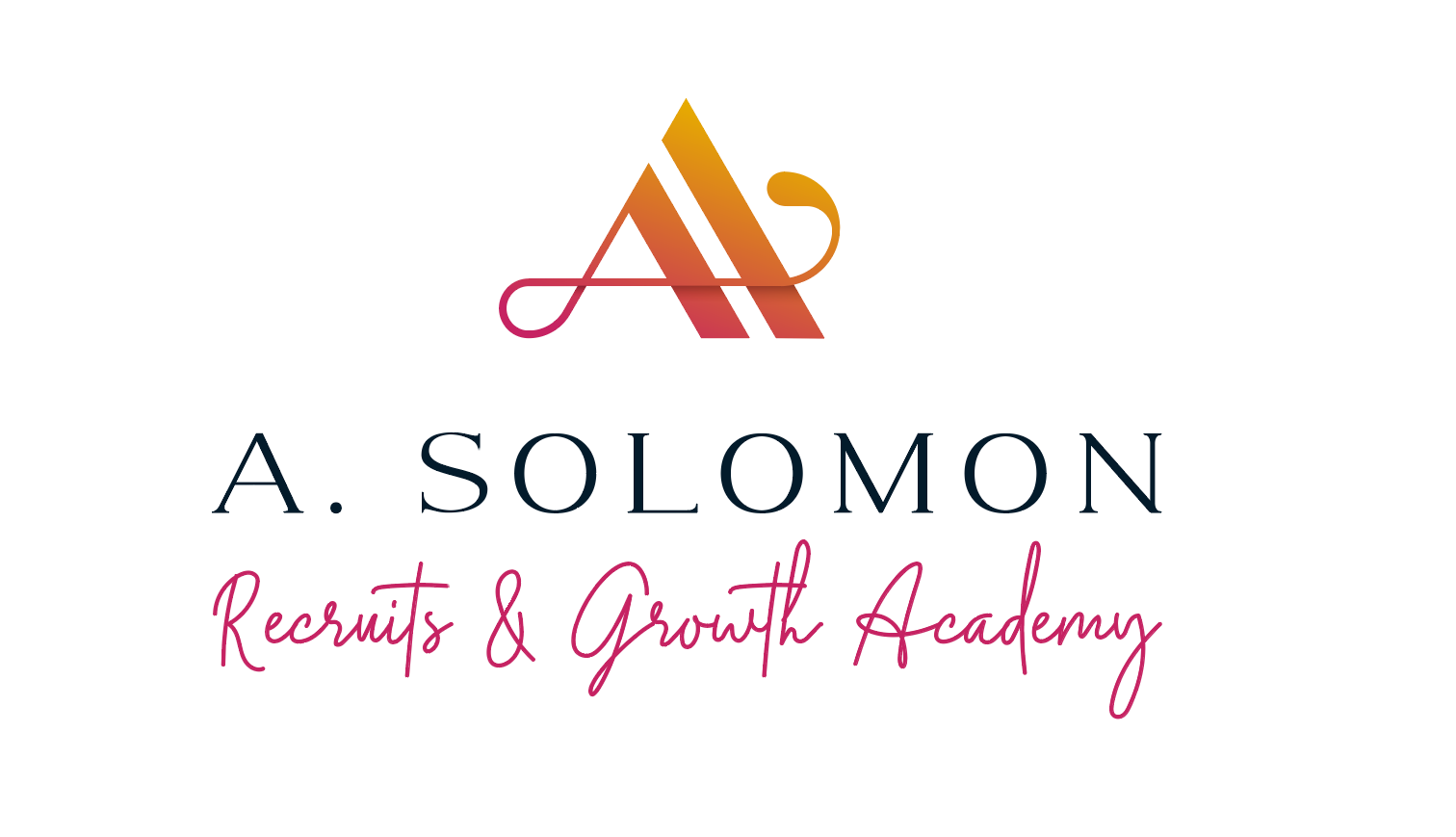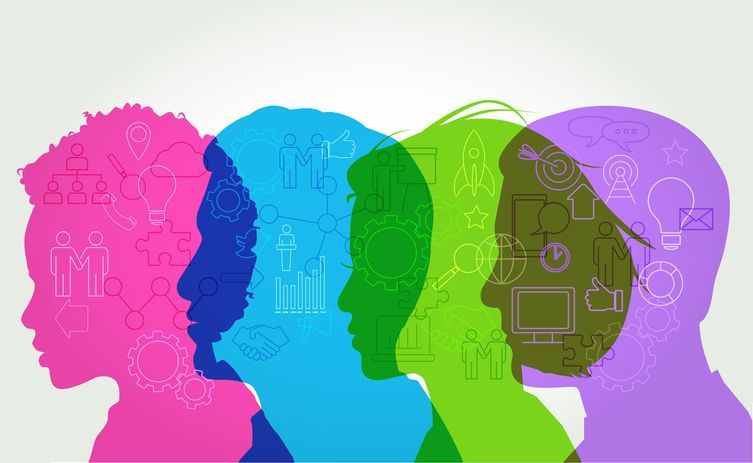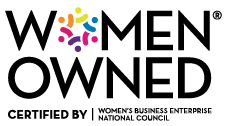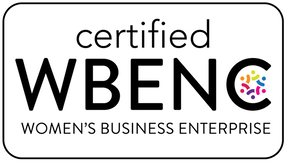Celebrating MLK's Legacy Everyday with Small Marches Towards Racial Equity and Inclusion
Martin Luther King’s Letter From Birmingham Jail: A 2022 Take
Since Martin Luther King Jr. Day came and went, I revisited his writings and teachings, specifically my favorite: Letter from a Birmingham Jail. The handwritten letter, portions of which he wrote in the margins of a newspaper, is powerful and deeply illuminating of the social trends of his time. Unfortunately, this letter written over 60 years ago, is still applicable if not more powerful today than ever.
Much of the letter is a condemnation of “the white moderate” and the southern Christian church, both of which claim to support racial equality but criticize MLK for his lack of patience and for the means by which he goes about fighting for equality. Part and parcel with the complacency of the institutions and people around him was their implication that the type of direct action that MLK advocated was unjustified. It’s as if they believed in the cause but didn’t deem the current situation dire enough to act.
I won’t waste my time in arguing that the situation at the time was more than dire enough to act. What I’m more interested in discussing is why it is that we so often wait until circumstances are dire to act at all. As MLK notes in reference to the church, Christianity has gone through phases of being a radical force for change at certain times in history, before settling back into long periods of stagnancy, in which it defends status quo over innovation.
MLK writes:
“There was a time when the church was very powerful--in the time when the early Christians rejoiced at being deemed worthy to suffer for what they believed. […] Whenever the early Christians entered a town, the people in power became disturbed and immediately sought to convict the Christians for being "disturbers of the peace" and "outside agitators."' […] By their effort and example they brought an end to such ancient evils as infanticide and gladiatorial contests. Things are different now. So often the contemporary church is a weak, ineffectual voice with an uncertain sound. So often it is an arch-defender of the status quo.”
We cannot rest on the laurels of yesterday. As times change and more opportunity for justice becomes possible, we must continue to evolve as well. But it’s this continual evolution that the vast majority of us resist until circumstances get dire enough that we have no choice but to act.
Why is it that growth comes only when the alternative has become excruciating? That we’re only willing to do what it is we’ve always known to be right only when we’ve exhausted every other option? Why must salvation come only after despair and sobriety come only after rock bottom? Why do we wait for crisis before we act?
In 2022, modern-day Jim Crow exists in the disproportionate amount of black people who sit in jails, in disparities in healthcare and deficiencies in Corporate America, not to mention in a judicial system where justice for the repeated killings of black people is only occasionally delivered. The recent Ahmaud Arbery victory was won because of the prosecutor’s strategy of speaking around racial prejudice, not directly about it. Justice, when delivered, is hard-fought and often manipulated by tactics aimed to persuade those in power of its legitimacy. There is more work to be done.
We all so badly want to take every small victory, like the conviction of Arbery’s killers, as evidence of a mission coming to completion simply because we are so tired of fighting. With every passing victory, the temperature in the room shifts as if our white institutions expect for their progress to pacify further progress for racial equality. But why must past progress oppose the need for more progress? It’s as if we need to justify pushing for equality with tragedy. Imagine how much progress we would be able to achieve if people didn’t wait for the next act of police brutality to push for more justice. Imagine how much progress we would be able to achieve if those who most valiantly fight against racial inequities were not the ones who have already been kneecapped by its effects?
We don’t have to condemn our present state in order to want for it to be better, and we don’t have to suffer so much to justify our desire for justice. Let us redefine the continued fight for racial justice in this country as something that we do every day to push our institutions forward and not something we wait to do until we can no longer swallow another day of injustice without action.
“Human progress never rolls in on wheels of inevitability; it comes through the tireless efforts of men willing to be co workers with God, and without this hard work, time itself becomes an ally of the forces of social stagnation. We must use time creatively, in the knowledge that the time is always ripe to do right.” –Letter from a Birmingham Jail
--
Read the original:
https://www.africa.upenn.edu/Articles_Gen/Letter_Birmingham.html

Earbuds Pairing: "Sweeter" by Leon Bridges
In an interview about his 2020 single “Sweeter”, Leon Bridges said, “I wrote that well before all the riots and everything with George Floyd. That's just a testament to the perpetual narrative of unarmed Black men dying at the hands of police.”
The song is a soft, heartbroken elegy for the persistence of racial violence in America. As he’s singing, Bridges sounds tired. And he has a right to sound tired. “I thought we moved on from the darker days. Did the words of the King disappear in the air like a butterfly?” This is a question that, especially recently, we are all asking ourselves.


